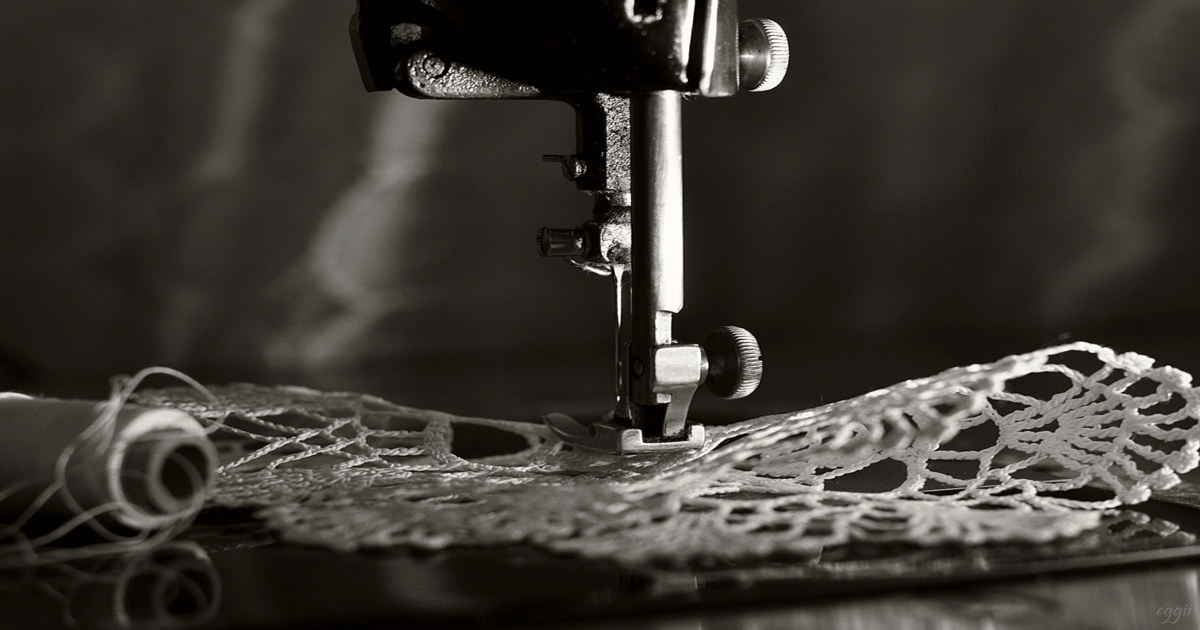There Used To Be One Of These In Every Home, But Kids Today Have No Idea What It Is

source: Flickr
There Used To Be One Of These In Every Home, But Kids Today Have No Idea What It Is: A Tribute to the Singer Sewing Machine
In the early 1900s, a Singer Sewing Machine was a common fixture in every household. The sound of the sewing machine buzzing could be heard in every neighbourhood, as mothers and grandmothers sewed everything from clothes to curtains, bedspreads to tablecloths, and everything in between.
Do you know what this is? I bet your kids don’t!

The Singer Sewing Machine, once a common household item, has become a lost artifact in the modern age. Children today are often unfamiliar with the machine and the art of sewing. In a world of fast fashion and disposable clothing, the value of creating something with one’s own hands has been lost. The Singer Sewing Machine reminds us of a time when people valued craftsmanship and took pride in their work. It is a reminder that sometimes the simplest tools can have the most significant impact, and it is up to us to carry on this legacy of creativity, resourcefulness, and resilience.
First Singer Machine
The Singer Sewing Machine was first introduced in the mid-19th century by Isaac Merritt Singer. At the time, hand-sewing was the only method available, making clothing production a time-consuming and labor-intensive process. The Singer Sewing Machine revolutionized the textile industry and made sewing faster, more efficient, and more accessible to the masses.

The Singer Sewing Machine became a staple in every home, and women learned to sew not only to save money but also to express their creativity. Sewing became a popular pastime, and women spent hours designing and creating clothes for their families, neighbours, and friends.

In addition to the practical benefits, sewing also provided a sense of pride and accomplishment. Women took pride in the clothes they made, and each garment was a testament to their skill and creativity. Sewing also provided a way for women to bond and connect with each other, sharing patterns, tips, and tricks.
The Singer Sewing Machine was not just a household item, it was also an important part of history. During World War II, women played a critical role in the war effort, and sewing was a way for them to contribute. They sewed everything from parachutes to uniforms, and their work helped to support the troops and keep them safe.

Today, the Singer Sewing Machine may be a relic of the past, but its legacy lives on. The Singer Sewing Machine symbolises a time when people made things with their hands, using their creativity, skill, and resourcefulness to create something beautiful and practical. It reminds us of a time when people valued quality over quantity and took pride in their work.

In conclusion, the Singer Sewing Machine may no longer be a common fixture in every home, but its legacy lives on. It is a testament to the ingenuity and resourcefulness of previous generations and a reminder that sometimes the simplest tools can have the most significant impact. It is up to us to carry on this legacy, to value creativity, resourcefulness, and resilience, and to appreciate the things that make life meaningful.
